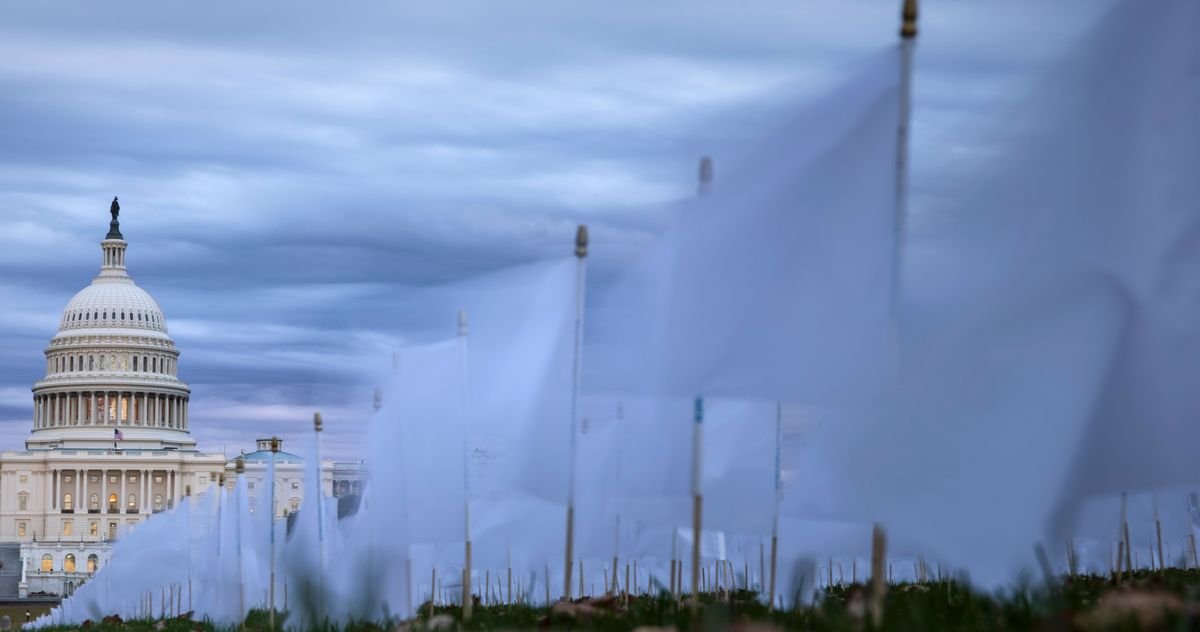
What Critics Are Saying About Columbia’s Cave to Trump
At Balkinization, Columbia constitutional law professor David Pozen notes that the deal validates the Trump administration’s extortion tactics:
[L]et’s not forget that the agreement grows out of the executive branch’s first-ever cutoff of congressionally appropriated funds to a college, so as to punish that college and impel it to adopt sweeping reforms, without any pretense of following the congressionally mandated procedures. Lawyers have been debating the exact circumstances under which the executive branch may freeze particular grants and contracts to particular institutions. Yet as far as I’m aware, no lawyer outside the government has even attempted to defend the legality of the initial cutoff that brought Columbia to its knees and, thereafter, to the “negotiating” table. In short, the agreement gives legal form to an extortion scheme — the first of its kind! — that defies the relevant statutes as well as the constitutional separation of powers and the First Amendment.
He warns that the most consequential part of the agreement may be how “regulation by deal is coming to higher education”:
Without any clear grounding in the civil-rights statutes themselves, the Trump administration has begun to effect another, more dramatic regulatory shift — away from guidance documents addressed to the entire sector, and toward bespoke deals foisted upon individual institutions after summarily terminating or threatening their federal funds. It is important to emphasize that this shift does not reflect an increased interest in enforcement, leading to an increased number of consent decrees or out-of-court settlements. These deals will not be the product of thorough investigations or judicial findings of misconduct by the colleges in question. No established legal process was followed for the Columbia agreement; no genuine legal dispute was resolved. The dealmaking is the main regulatory event from start to finish.
This emerging model raises profound concerns not just for universities’ budgets and independence but also for the rule of law. By relying on “particular transactions to effectuate government policy,” scholars have observed in other contexts, regulation by deal bypasses all of the “notice, comments, [and] due process standards that we ordinarily expect from public administration.” While guidance documents may share some of these deficits, they are not actually binding on regulated parties and at least aspire to uphold bedrock legal principles of “generality, clarity, publicity, stability, and prospectivity.” The style of regulation reflected in the Columbia deal is at once far more coercive and far more arbitrary—opaque in development, unpredictable in application, deeply susceptible to personalism and corruption, and only contingently connected to the laws Congress has written.
Taken together, Pozen writes, the agreement is an authoritarian victory over academic freedom:
Authoritarianism feeds on manufactured emergencies and hardball tactics that give the executive leverage to attack political opponents and compel obedience. Basic research, on the other hand, thrives under stable institutional frameworks, reliable funding commitments, and a climate of free inquiry. Deals like Columbia’s enhance the power of presidents and their allies within targeted universities; sideline Congress, the courts, and most faculty; and sow fear and uncertainty throughout civil society. They are fundamentally inconsistent with the logic of academic freedom.




